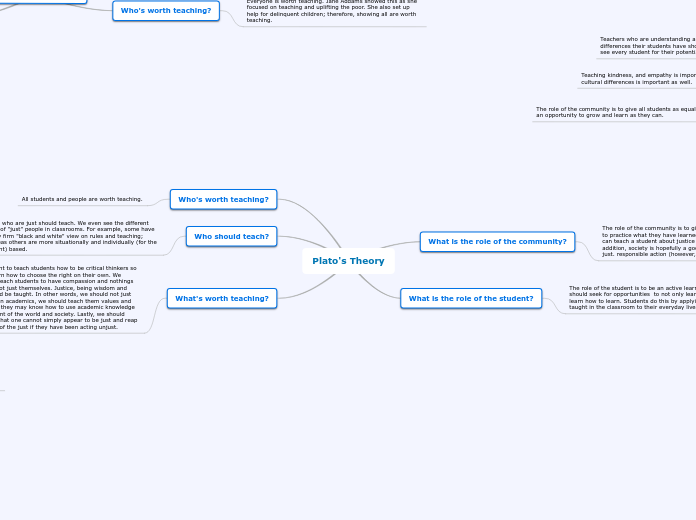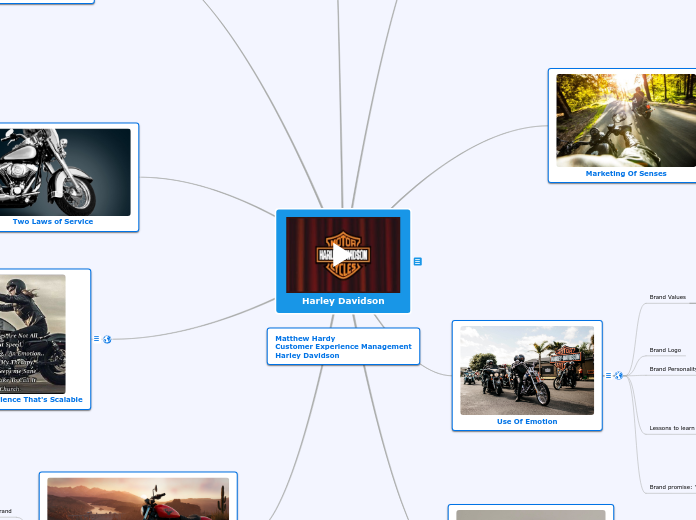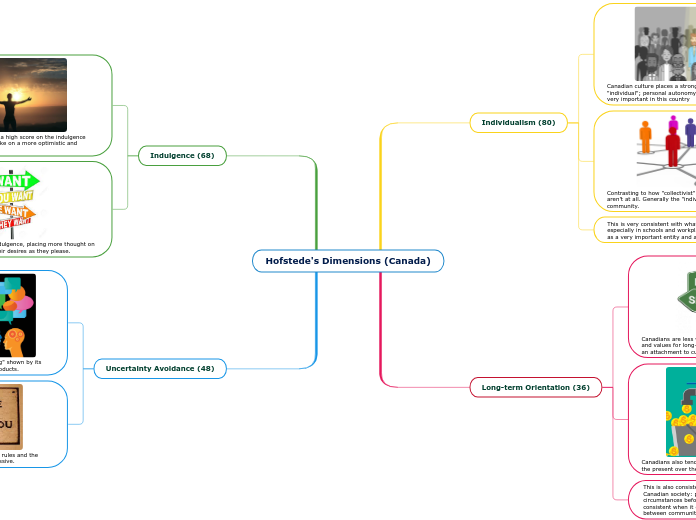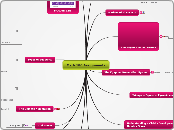por Logenn Wurtz hace 6 años
220
8 Essential Questions of Teaching
The discussion emphasizes the value of both science and religion in education, highlighting that they offer complementary perspectives essential for comprehensive learning. It argues that teaching should extend beyond mere facts, encouraging students to understand and apply knowledge in meaningful ways.









